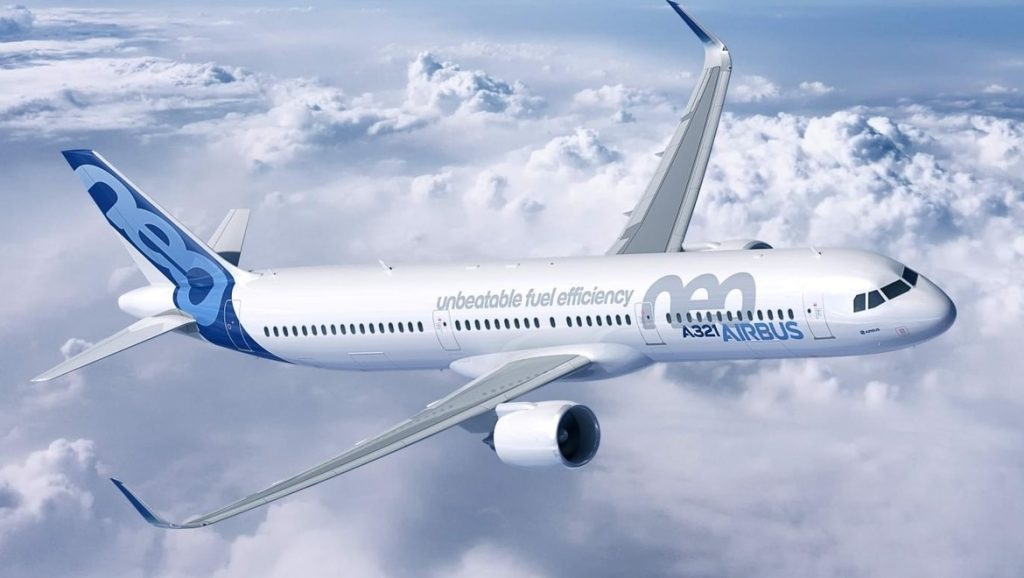
Aerospace giants Boeing and Airbus have called for the Biden administration to delay the roll out of the 5G network in fears it will dangerously impact the aviation industry.
The C-Band spectrum 5G network deployment, served by providers AT&T Inc and Verizon Communications Inc, is set to occur on 5 January.
On Monday, a joint letter seen by Reuters to the US Transportation Secretary Pete Buttigieg was issued by chief executive of Boeing Dave Calhoun and Airbus Americas CEO Jeffrey Knittel.
“5G interference could adversely affect the ability of aircraft to safely operate,” it said, adding it could have “an enormous negative impact on the aviation industry”.
In a statement to NPR, Boeing said the industry is “focused on fully evaluating and addressing the potential for 5G interference with radio altimeters.
“We are collaborating with aviation authorities, government leaders, airlines and industry groups to ensure the continued operational safety of aircraft throughout the aviation system worldwide,” it said.
In March 2020, the United States adopted rules to authorise the flexible use of 5G services.
AT&T and Verizon were slated to pursue 5G in service of millions of homes and businesses, but the mid-range broadband is significantly closer to the same frequencies airlines use.
It will potentially cause major aviation chaos, such as flight delays, cancellations and diversions.
This is in comparison to German company T-Mobile, which began delivering 5G services almost a year before the other companies and did not cause airline interference.
In early November, the Federal Aviation Administration issued airworthy directives against the “planned deployment of wireless broadband networks” which was scheduled to begin on 5 December.
The communications providers then delayed the roll out a further month, but airlines and aviation companies believe it is insufficient, and will severely damage daily operations.
In early December, the FAA said the expansion of 5G and aviation can “safely co-exist”, issuing airworthiness directives warning airlines to not rely only on radio altimeters in case of interference.
According to Reuters, the letter referred to an analysis from trade group Airlines for America (A4A) which said if the FAA 5G directive was issued in 2019, around 345,000 passenger flights and 5,400 cargo flights would have faced delays, diversions or cancellations.
Last week, United Airlines CEO Scott Kirby also raised concerns of the issue, stating it would be “a catastrophic failure of government,” to continue the deployment.
“Unless something changes – we will not be able to use radio altimeters at 40-something of the largest airports in the country,” Kirby said. “It is a certainty. This is not a debate.”
But the Cellular Telecommunications Industry Association (CTIA) said the aviation industry has used fearmongering to raise concerns through “deliberate distortions of fact”.




